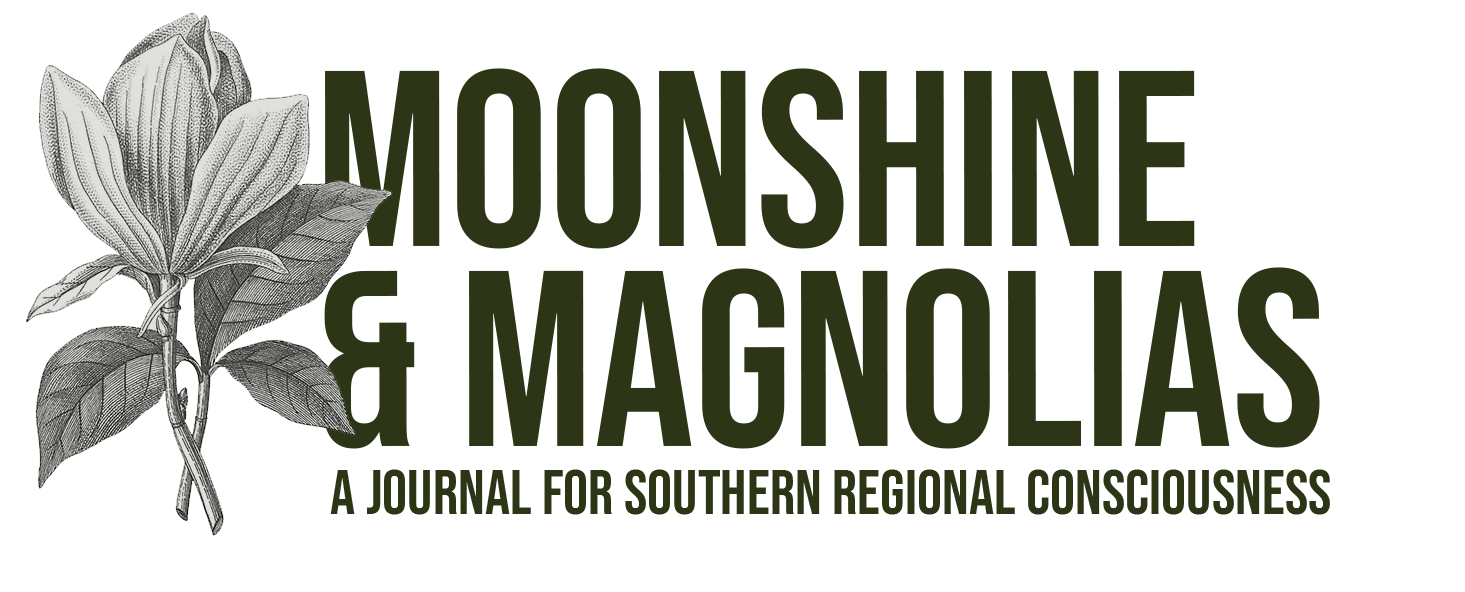Star In The Valley
Chevis took his way, in the last rays of sunshine, across the road and down the declivity in the direction indicated by the blacksmith. A cool gray shadow fell upon him from the heights of the great rocks, as he neared them; the narrow path leading from the road grew dank and moist, and presently his feet were sunk in the still green and odorous water-loving weed, the clumps of fern, and the pungent mint. He did not notice the soft verdue; he did not even see the beautiful vines that hung from earth-filled niches among the rocks, and lent to their forbidding aspect something of a smiling grace; their picturesque grouping, where they had fallen apart to show this sparkling fountain of bright up-springing water, was all lost upon his artistic perceptions. His eyes were fixed on the girl standing beside the spring, her pail filled, but waiting, with a calm, expectant look on her face, as she saw him approaching.
No creature could have been more coarsely habited: a green cotton dress, faded to the faintest hue; rough shoes, just visible beneath her skirts; a dappled gray and brown calico sun-bonnet, thrown aside on a moss-grown boulder near at hand. But it seemed as if the wild nature about her had been generous to this being toward whom life and fortune had played the niggard. There were opaline lights in her dreamy eyes which one sees nowhere save in the sunset clouds that brood above dark kills; the golden sunbeams, all faded from the landscape, had left a perpetual reflection in her bronze hair; there was a subtle affinity between her and the other pliant, swaying, graceful young things, waving in the mountain breezes, fed by the rain and the dew. She was hardly more human to Chevis than certain lissome little woodland flowers, the very names of which he did not know—pure white, star-shaped, with a faint green line threading its way through each of the five delicate petals; he had seen them embellishing the banks of lonely pools, or growing in dank, marshy place in the middle of the unfrequented road, where perhaps it had been mended in a primitive way with a few rotting rails.
“May I trouble you to give me some water?” asked Chevis, prosaically enough. She neither smiled nor replied. She took the gourd from the pail, dipped it into the lucent depths of the spring, handed it to him, and stood awaiting its return when he should have finished. The cool, delicious water was drained, and he gave the gourd back.
“I am much obliged,” he said.
“Ye’re welcome,” she replied, in a slow, singing monotone. Had the autumn winds taught her voice that melancholy cadence?
Chevis would have liked to hear her speak again, but the gulf between his station and hers—so undreamed of by her (for the differences of caste are absolutely unknown to the independent mountaineers), so patent to him—could be bridged by few ideas. They had so little in common that for a moment he could think of nothing to say. His cogitation suggested only the inquiry, “Do you live here?” indicating the little house on the other side of the road.
“Yes,” she chanted in the same monotone, “I lives hyar.” She turned to lift the brimming pail. Chevis spoke again: “Do you always stay at home? Do you never go anywhere?”
Her eyes rested upon him, with a slight surprise looking out from among their changing lights. “No,” she said, after a pause; “I hev no call to go nowhar ez I knows on.”
She placed the pail on her head, took the dappled sunbonnet in her hand, and went along the path with the assured, steady gait and the graceful backward poise of the figure that precluded the possibility of spilling a drop from the vessel. He had been touched in a highly romantic way by the sweet beauty of this little woodland flower. It seemed hard that so perfect a thing of its kind should be wasted here, unseen by more appreciative eyes than those of bird, or rabbit, or the equally uncultured human beings about her; and it gave him a baffling sense of the mysterious injustice of life to reflect upon the difference in her lot and that of others of her age in higher spheres. He went thoughtfully through the closing shadows to the shop, mounted the re-shod Strathspey, and rode along the rugged ascent of the mountain, gravely pondering on worldly inequalities.
This is an excerpt from Star In The Valley, a novel by Mary Noailles Murfee published in 1878.
